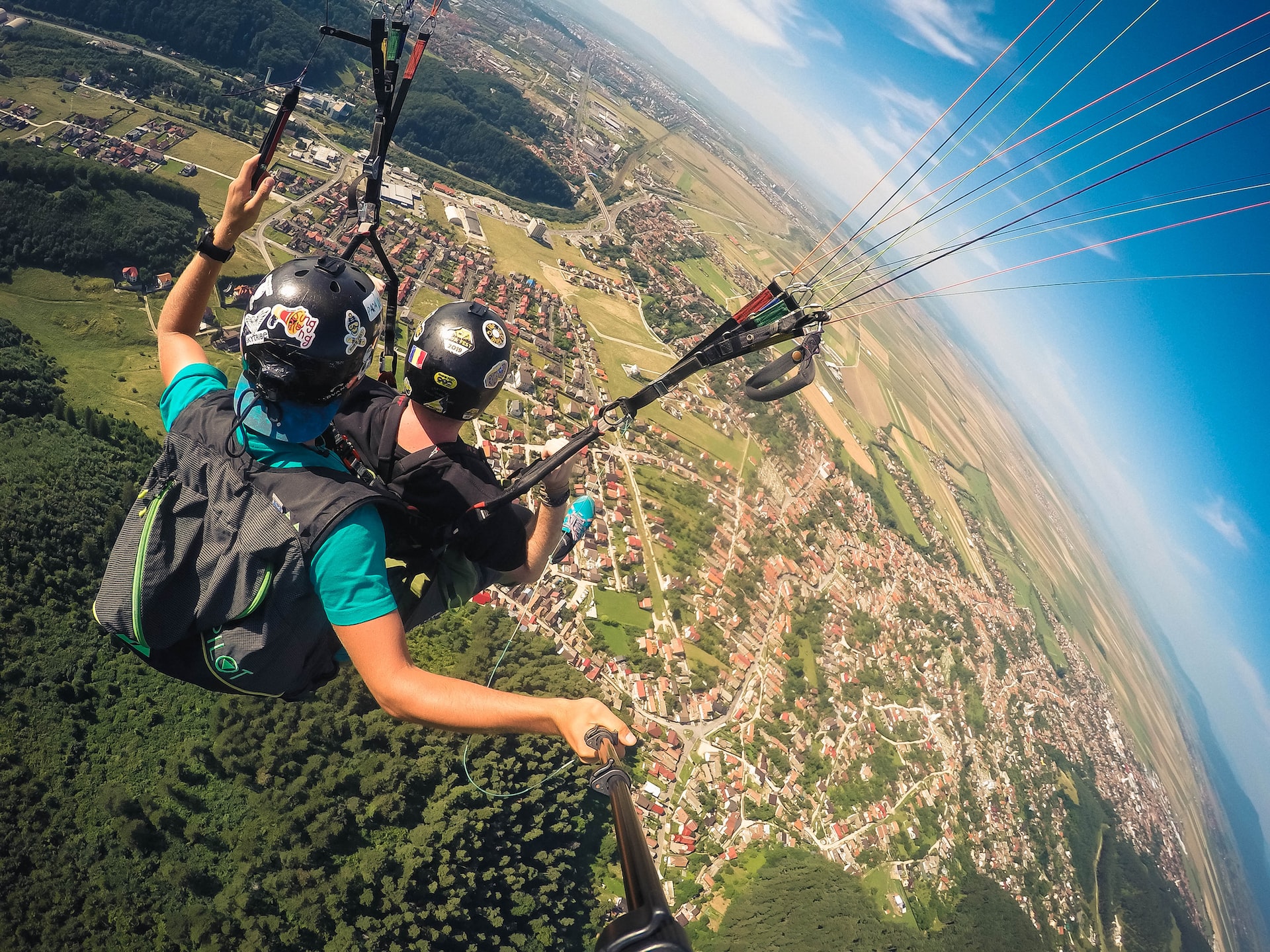Why stepping out of your comfort zone is key to winning EU health research funding

Back in 2017, I helped a client with the preparation of a project.
Since most of my experience as a grant writer has been in the biomedical field, in that case too the project was focused on a clinical study and the client was a doctor.
Part of my job is to critically read what the client has written, to see if what he has in mind coincides with the wishes of the European Commission (expressed in the text of the call for proposals), to identify the elements of deviation, and to work together to make everything fit.
Perfectly in line with my style (and my role as a consultant), I started to include very precise comments in the text of the project, in which I asked for a number of elements to be specified, not so much on the clinical study, but on the scalability aspects of the intervention, the socio-economic factors that prevented access to medicine in particular contexts, and the political strategies necessary to favour the introduction of the health intervention. Aspects, the latter, which were present in the text of the call, but which in my opinion were not adequately addressed in the project.
After I finished my review, I sent my comments to the client and arranged a telephone meeting to discuss them together. And the client's reaction to my comments was this:
"Dr Cogoni, I am a doctor, I know how to do clinical trials!".
With my comments, I invited the client to step out of his comfort zone (running a clinical trial), and to take an extra step (thinking about how his health intervention could be applied in other contexts) to meet the requirements of the call. And he reacted, almost justifying himself, that his expertise was limited to only one area of the call.
Mind you, it is perfectly normal not to know how to integrate unfamiliar aspects into your project. But in this particular case, the discomfort in leaving the known to explore the unknown was such that the client was ready to throw in the towel and give up on the project.
Some reflections on the story:
- Participating in a European project means, for better or worse, exposing yourself. And that is scary. It takes a great deal of courage, especially if you are young, to put together a team of experts in your field, and to put yourself on the line, coordinating the various components of the project, being at ease in the leadership role you have been entrusted with, affably welcoming everyone's opinion, but keeping the rudder straight, strategically deciding what is a priority for the project, without letting yourself be carried away by the opinions of others, and without appearing unfair. And then, after the judgement that will inevitably come from colleagues, there is the evaluation that external experts will make of the project and its quality. This already puts many off, in fact. If you add to this the (albeit constructive) criticism from the consultant, the feeling of inadequacy can be paralysing. You have my sympathy on this!
- European projects, especially those proposed within the research and innovation programme, not only involve many organisations from different countries, but are also multidisciplinary. For this reason, getting out of your comfort zone is a must. If the project is truly multidisciplinary, there will always be an aspect that is unfamiliar to you. This should not be a hindrance, but rather an opportunity to enrich your horizons.
- Not handling all the aspects required by the text of the call is not a good excuse for not taking them into consideration. It is not for nothing that we speak of collaborative projects. Therefore, it is not expected that one person or one centre embodies all the necessary competences, but that they team up with other experts and organisations, bringing their strengths into the project.
My professional ethics, as well as my proactivity as a consultant, were definitely put to the test in this situation.
The client was willing to abandon the project. It was then up to me to decide whether to scrap the project or to continue with its preparation, aware of the difficulty.
But since my role as a consultant is never only to identify critical issues, but also to propose solutions, in the following week I researched and analysed some WHO documents to better understand what was behind some of the words in the notice.
I tried to extract from the reading some reflections on the activities that might be needed in the project to fulfil the requirements of the call and, from those reflections, I created a draft Workpackage to add to the work plan.
We then shared with the other organisations involved our thoughts on the critical issues of the project, and asked for their help in finding new partners who could take over the identified activities (and also to better define them according to their experience).
How did it turn out? The project was successfully delivered, and also received funding.
So, if you are there, gripped by doubts because you would like to participate in a call for proposals but insecurity blocks you, rest assured, it is normal to feel this way, everyone has been there, even the most experienced.
Taking the plunge can be scary, but if you do it in tandem with an experienced person, you will do better!